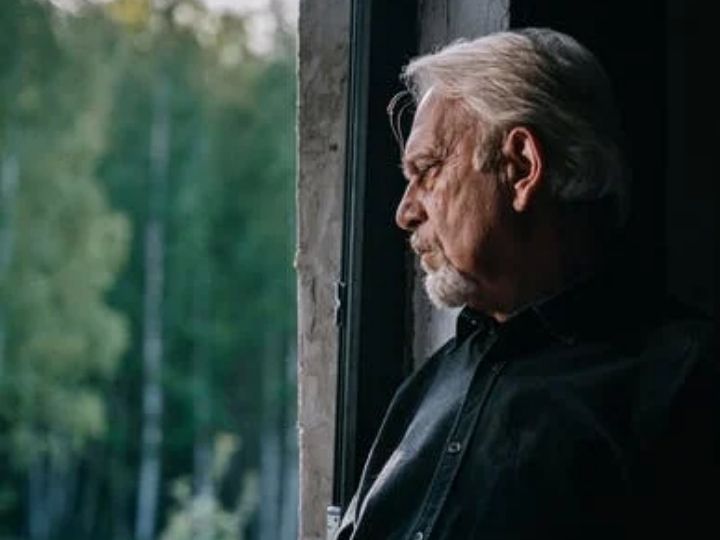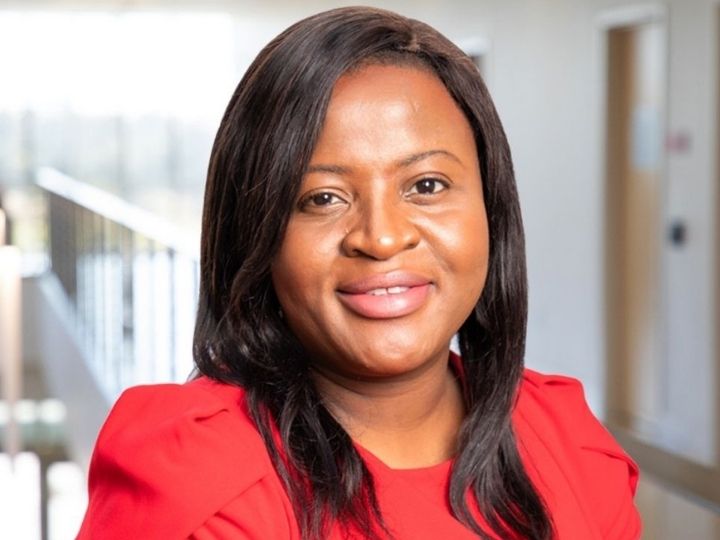

The COVID-19 pandemic has made two things abundantly clear: While prevention and management techniques are well-intentioned and successful, social distancing strategies can have severe consequences for older persons who are already at risk for the disease; and university students have had fewer opportunities to learn in traditional settings. Bridging those two paradigms is a collaboration between the University of Houston Graduate College of Social Work, UH College of Nursing and UH College of Medicine to mitigate the pandemic’s unexpected consequences in Houston by connecting older persons in the Houston area with UH students in both colleges.
“The goal of this study was to address the social isolation and wellness needs of older adult program participants while also giving social work and nursing students an opportunity to practice engagement, assessment, intervention and communication skills that are critical to their future success in their fields,” reports Lola Adepoju, research director of the Humana Integrated Health System Sciences Institute at UH, in the Journal of Applied Gerontology.
According to the findings – goal met. The team found that weekly interactions via telephone were successful, establishing trust between the students and older adults.
Of the 707 participants, the proportion of older adults who reported loneliness decreased from about 84% to 40%; the proportion of severely lonely older adults reduced from nearly 16% to just over 12%; and 48% of the sample reported no longer feeling lonely.
Participants came from the Third Ward, East End, Alief and Northwest Houston communities — unique low-income neighborhoods, some of which are adjoined to the University. A total of 177 students from the Graduate College of Social Work, the College of Nursing and the College of Medicine were trained to virtually engage with their assigned older adult at least once a week. Training included tips for active and reflective listening, as well as guidelines for introductions, incident escalation and referral to local resources and services.
“For older adults especially, COVID-19 exacerbated the need to adjust to technology and social change. Virtual doctor visits, grocery delivery and online banking are just some examples of the activities older adults have had to incorporate into their lives. This program provides the opportunity for young, aspiring health care professionals to assist this group with learning how to accomplish these tasks,” said Patricia Schrader, clinical assistant professor, UH College of Nursing. “Many of the participants verbalized their appreciation of the help provided by the students, and students were able to act upon their personal desires to help those in need during the pandemic.”
Many of the participants were assisted with scheduling their COVID-19 vaccines, as one example of the important roles the program provided.
“Social isolation and loneliness are only some of the many communities needs that can be addressed through multi-sector partnerships and programs,” said Sheara Jennings, Humana Endowed Chair in Social Determinants of Health at the Graduate College of Social Work. “It is opportune for public and private entities to explore shared interests and work together to develop innovative, impactful programs that support population health.”